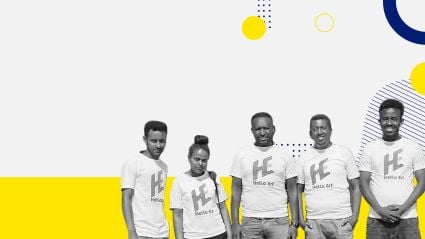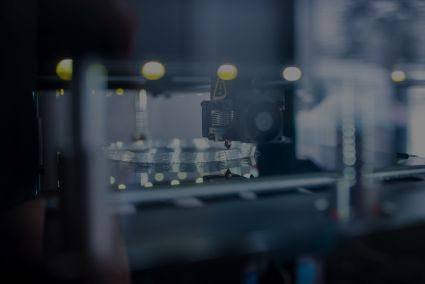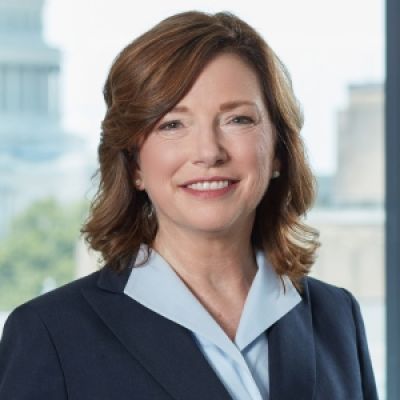
During rapid change and uncertainty, organizations with strong, connected cultures draw on their guiding tenets to make tough decisions. The COVID-19 existential health crisis is one of those times, as the spreading pandemic has shut down a significant portion of the global economy. Corporate leaders must make early, mission-critical decisions with less than perfect information because time seems so compressed. The month of March 2020 felt more like a quarter, or maybe even a year. Yet, this time has also been rich in opportunities, as we do our best to learn to forge connections and sustain our lives in new ways.
On March 6, Cowen found itself in the position as an “early mover” amid the US response to COVID-19. It started when we were informed immediately after our March 2-4, 2020, health-care conference that certain attendees were likely to test positive for the virus. We made the bold decision to instruct 150 of our employees who attended that conference to work from home, beginning a rolling test of remote working across the entire firm. We also informed all 2,200 conference attendees of our decision and recommended that they consider doing the same. By March 13, almost 80 percent of Cowen’s 1,350 people globally were sheltering in place.
At the time, our actions were well beyond the government’s recommended precautions. Our management team debated whether we were taking too much risk to the continuity of our business relative to the perceived health threat. The decision came down to one overriding factor: keeping our people healthy. Given the escalation of the crisis, particularly in cities where Cowen operates, we are thankful to have made the right decision early and for the foresight to have a robust business continuity plan in place. The decision took courage, but the values to which Cowen ascribes allowed no other choice. In normal times, our ideals operate in the background like a compass giving us direction. In a crisis, our values come front and center as a roadmap to navigate uncertainty.
In normal times, our ideals operate in the background like a compass giving us direction. In a crisis, our values come front and center as a roadmap to navigate uncertainty.
At Cowen, we view everything through the lens of our values of Vision, Empathy, Sustainability, and Tenacious Teamwork.
-
Vision: In early March, we envisioned a worst-case scenario of the virus spreading throughout our entire organization unless we took prophylactic measures. We had to do everything possible to prevent that from happening.
-
Empathy: This is the connective tissue of our organization, enabling us to continue functioning at a high level, even though we are apart. In times of stress, empathy enables us to be truly present for each other and our clients. Empathy also compelled us to communicate candidly with the conference attendees to help them address their own safety.
-
Sustainability: Focusing on tail risks—those rare events well beyond the norm—supports business continuity planning. We already had a plan, which we executed during this crisis. This fosters resilience, providing comfort amid turmoil.
-
Tenacious Teamwork: Collaboration is central to our success in normal times. During periods of elevated stress and dislocation, it’s mission critical.
By focusing on our values, we have been able to demonstrate to each other and our clients that “we’re here for you.” Our markets business executed record trading volumes for clients even though everyone was working remotely—a scenario that was unthinkable just two weeks earlier. In banking, we continued to match providers of capital with companies that urgently need it, especially in health care. In research, Cowen was among the first to provide insights on the projected impact of COVID-19. We provided early information on diagnostics, therapies, and vaccines and convened global experts to help clients make sense of the pandemic, from the global economic impact to fiscal and monetary responses.
Finally, from our early experiences, we advised others as they began dealing with self-isolating and social distancing:
-
Connect with others using video calls to maintain a sense of intimacy.
-
Over-communicate with your team and your clients; share information and brainstorm frequently.
-
Be decisive but be flexible. Don’t be afraid to change course as you learn new information.
-
Remain hopeful and engaged.
All of us will adjust to the new normal, whatever that may be. As that unfolds, the early lessons learned will be invaluable.











